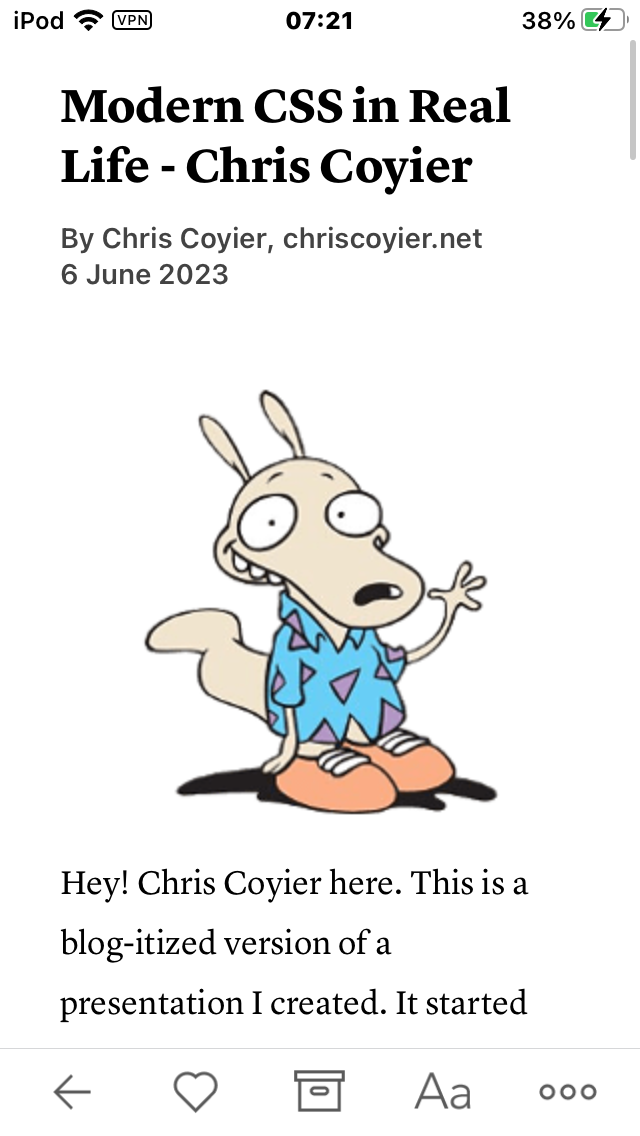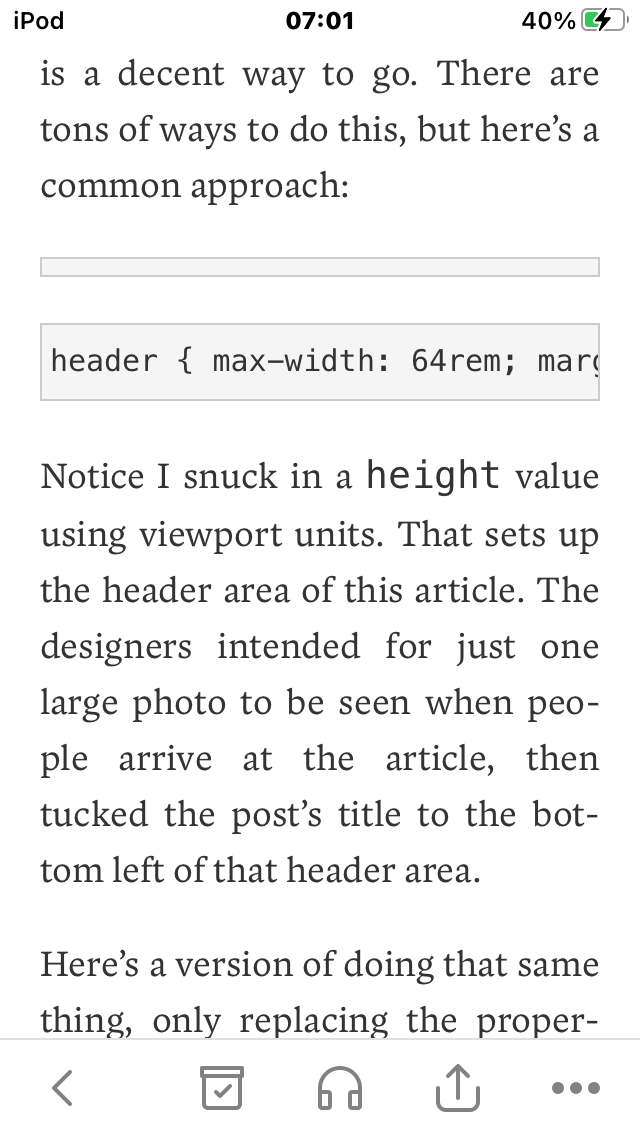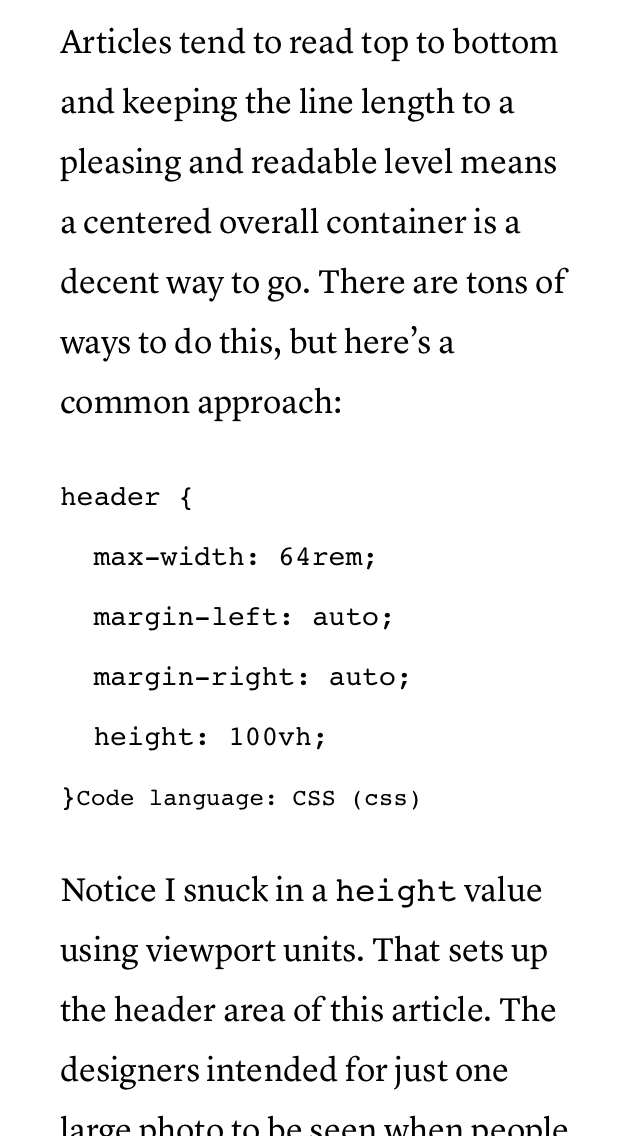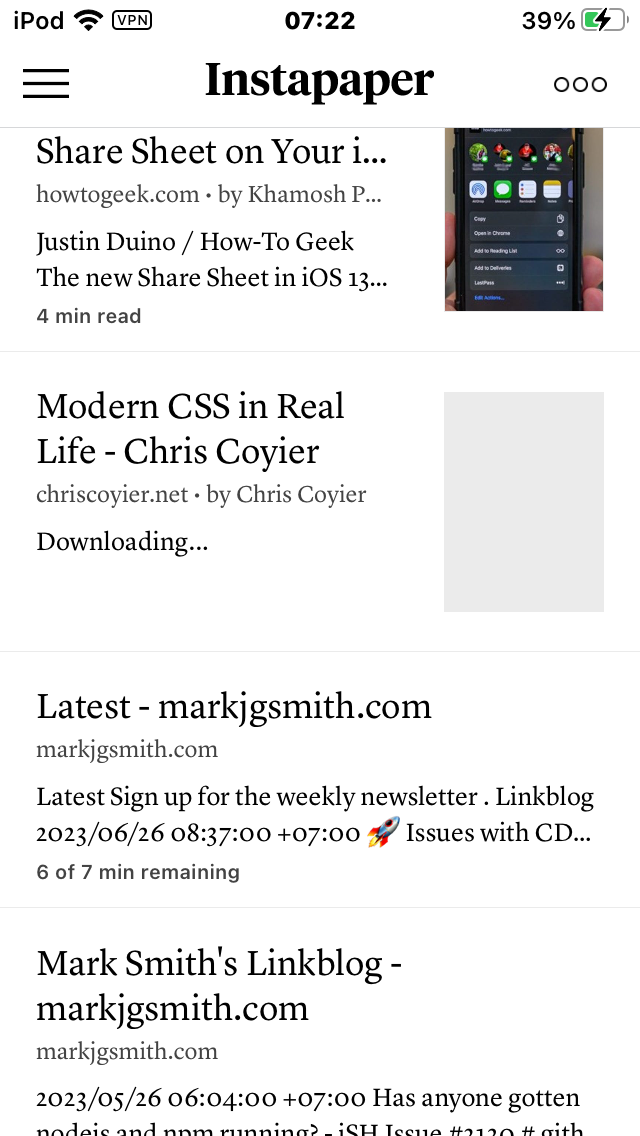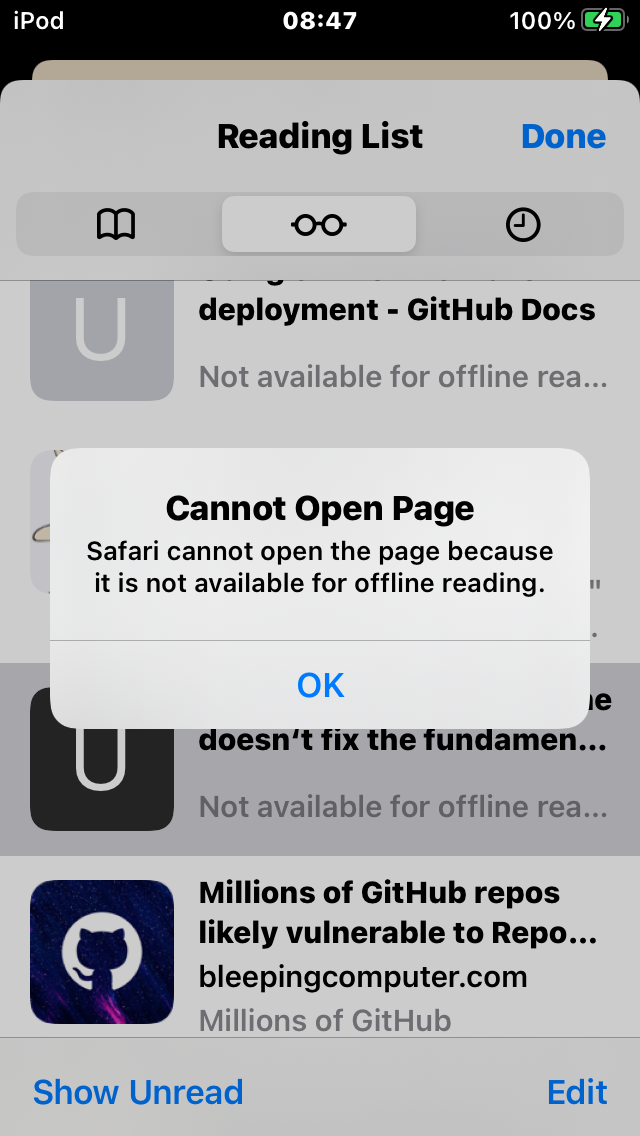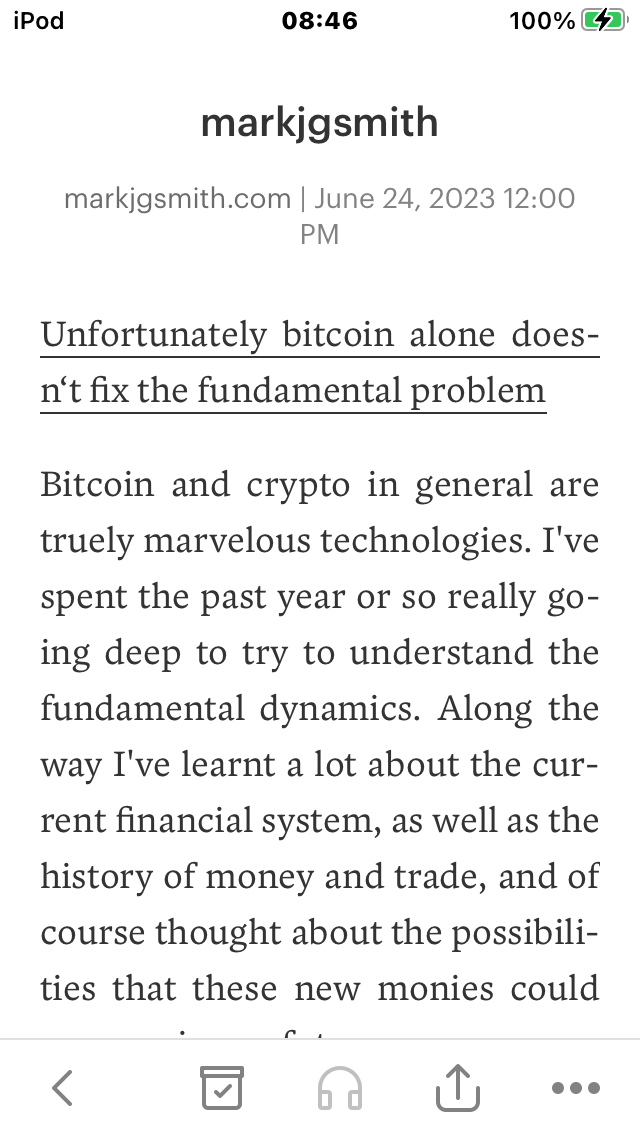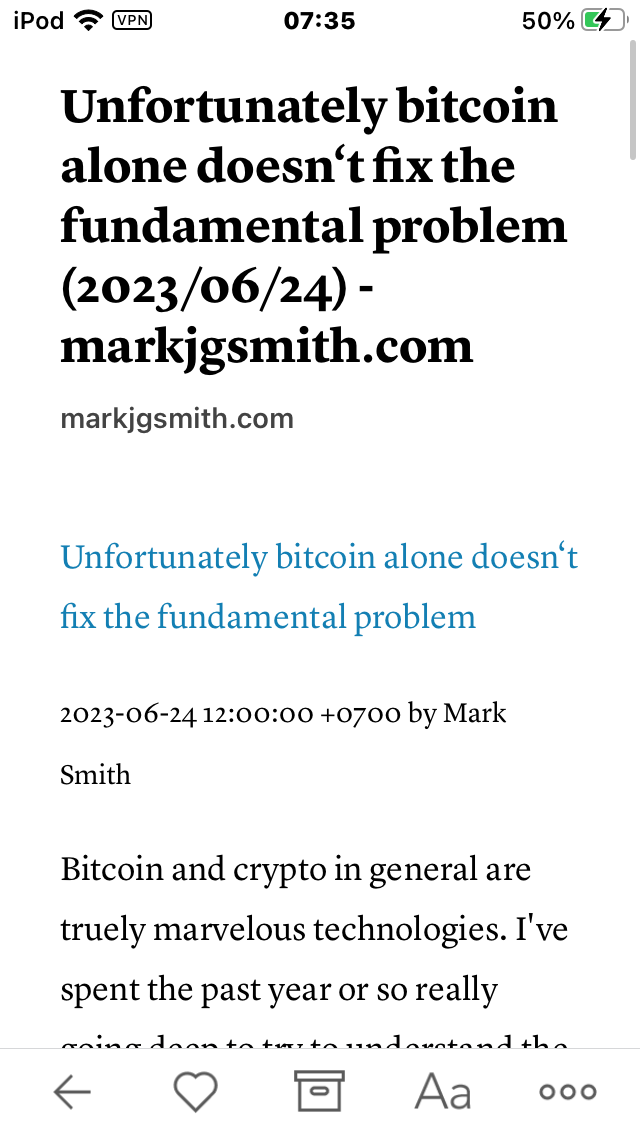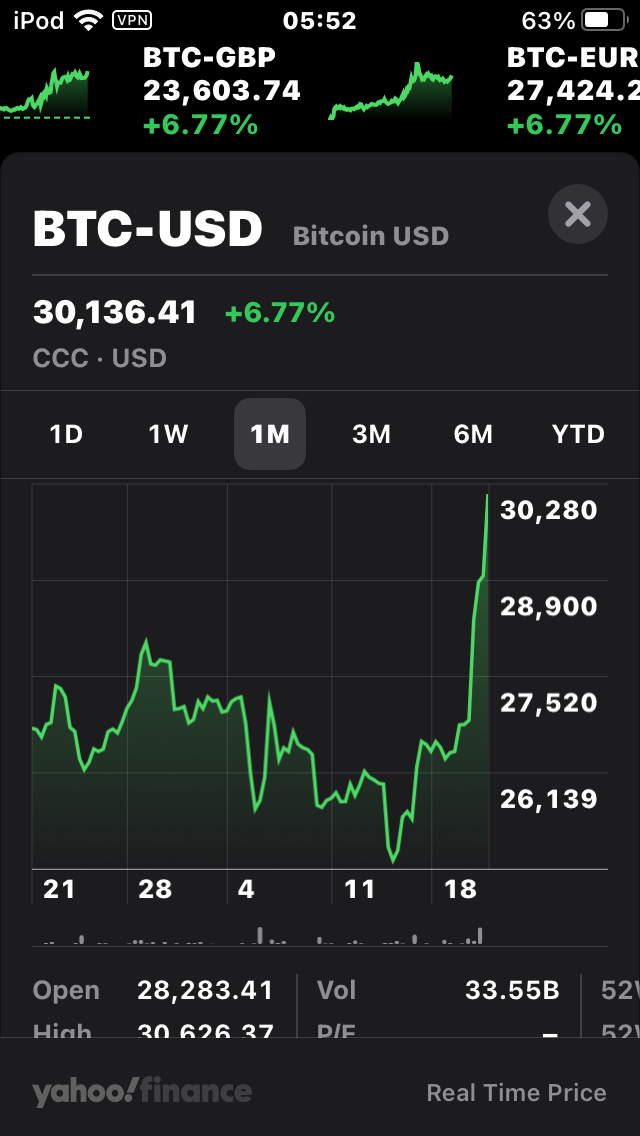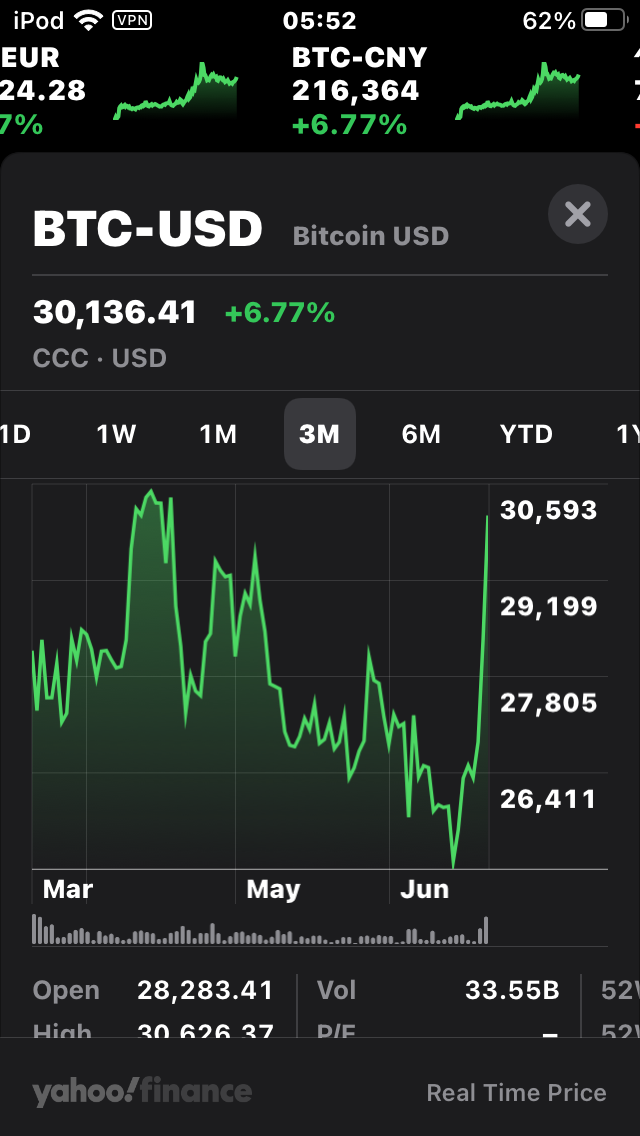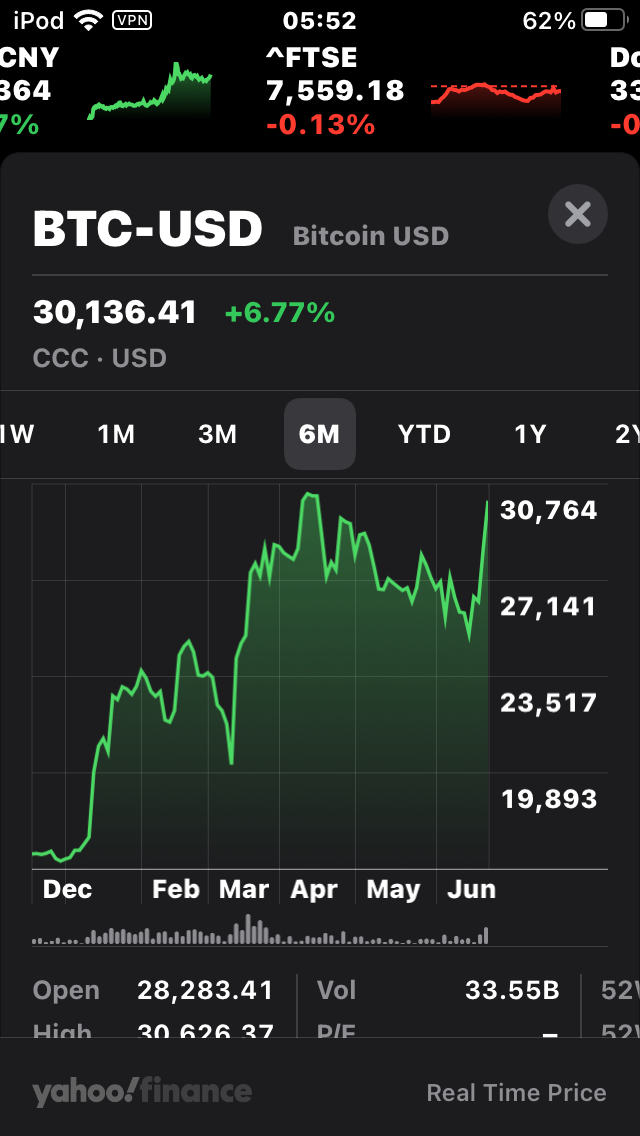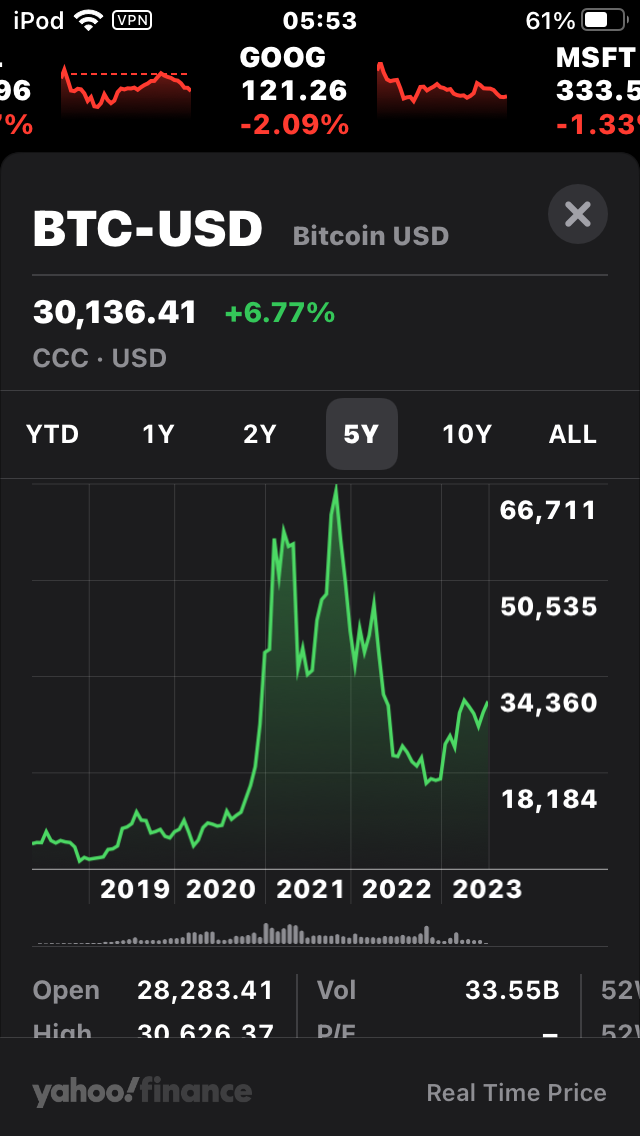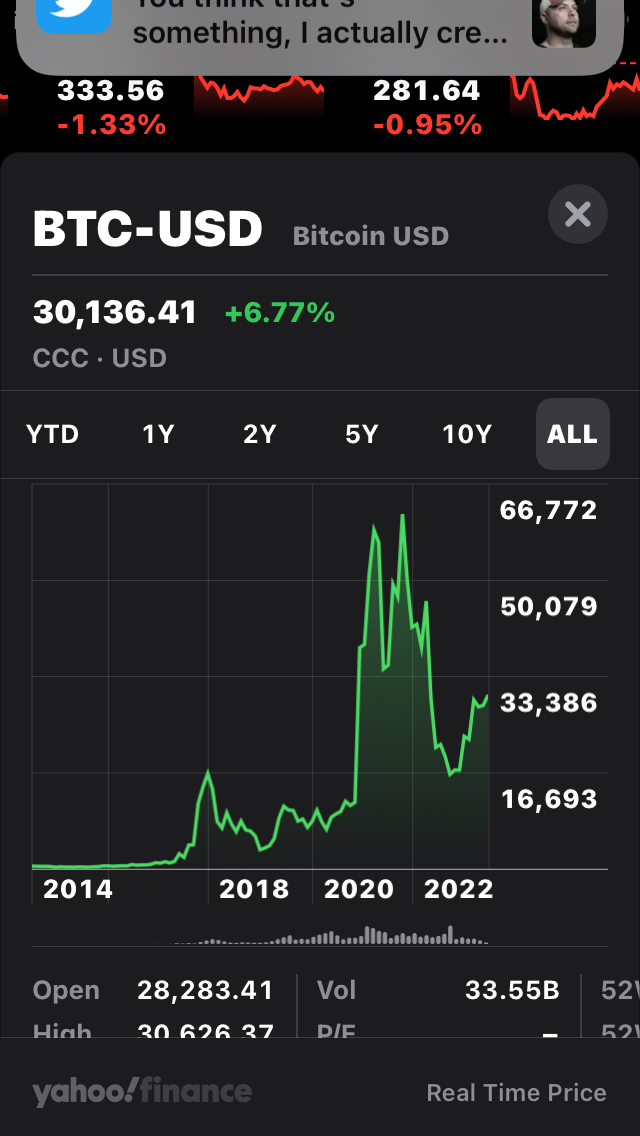Building digital asset economies
Dominic Frisby had an interesting episode on his Flying Frisby Podcast this week. It was an interview with Microstrategy CEO Michael Saylor. Saylor has made a name for himself initially by successfully running a publically traded software company for over 20 years, but more recently for his rather adventurous corporate investments in Bitcoin, something made possible by focussing on fair value rather than GAP accouting.
Microstrategy holds some of the largest amounts of Bitcoin worldwide, and has quadrupled in value by taking Bitcoin onto it's balance sheet despite the volatility. Most organisations haven't been willing to do that due to gap accounting practices which don't differentiate between gains due to operation and those due to balance sheet changes, for instance appreciation in commodity assets. Gap accounting companies run the risk of big volatility swings in Bitcoin's value eclipsing otherwise normal operations, making a company's performance look much worse than it appears.
Saylor is a Bitcoin promoter, given his holdings that much is clear, but the narratives he pushes are very well thought out, always attempting to be rooted in fundamentals. One of the narratives he has been putting forward recently, and which seems to be catching on, is that of building digital asset economies. He believes this is something that countries around the world are going to be getting into in the near term. And with the recent announcement of many large TradFi companies (Blackrock, Fidelity, Citadel, Schwab and Deutchebank) creating various flavours of Bitcoin ETFs, it does indeed seem to be trending in that direction. Multinational corporations need to park their money somewhere, and given the prospects of the US bond market, that place might very well be Bitcoin.
In the interview he notes how it’s important to distinguish between the different digital asset classes. Regulation takes time to evolve and people are only starting to understand the difference between these. Namely the difference between:
- Digital commodities
- Digital securities
- Digital currencies
- Digital tokens
I've transposed his definitions here, as I think they are useful, even if they haven't been fully endorsed by regulators yet, because they paint a very clear picture of the future financial environment that crypto and bitcoin proponents envisage.
Digital commodities
- Assets without an issuer
- Like Bitcoin
Digital security
- Assets with an issuer, a controlling body creates the currency and they control it
- Like Solana
- Like Algorand
Digital currency
- Stable coins, they proport to be the US dollar as a bearer instrument and a digital asset, a blockchain representation of dollars
- Like Circle
- Like Tether
Digital tokens
- Like an NFT, piece of art 1 of 1
- Like a Tom Brady coin, 10000 super fans coins that he issues, holders get to for example come to his house for a BBQ every month
Saylor then outlines the growing importance of distinguishing these:
A digital exchange is something that can trade all these things. To create a digital asset industry in your country's economy you have to have a universally accepted taxonomy of digital assets, a digital asset framework and political consensus that it’s ok to issue, trade and custody those assets.
We don’t currently have the political consensus for many things. There is a big divide. Saylor gives several very specific examples that help to illustrate the sea change that decentralised finance is bringing to the table.
- Moving 1 million dollars from A to B without KYC would be considered money laundering in TradFi
- Trading a security 24/7
- Self custody a million dollars of digital assets in stable coin from an android phone
- Self custody a million dollars of Apple stock on an android phone in India
- Trade with a counter party that you don’t know via smart contract
- Buy a perpetual swap derivative on a Saturday night that represents a registered public company
- A person living in India that has 10 million dollars of Apple stock, borrowing against that from any counter party in the world on a Saturday afternoon, getting the best bid
All these things and much more are totally possible with DeFi. It's going to be interesting to watch how this evolves. #


